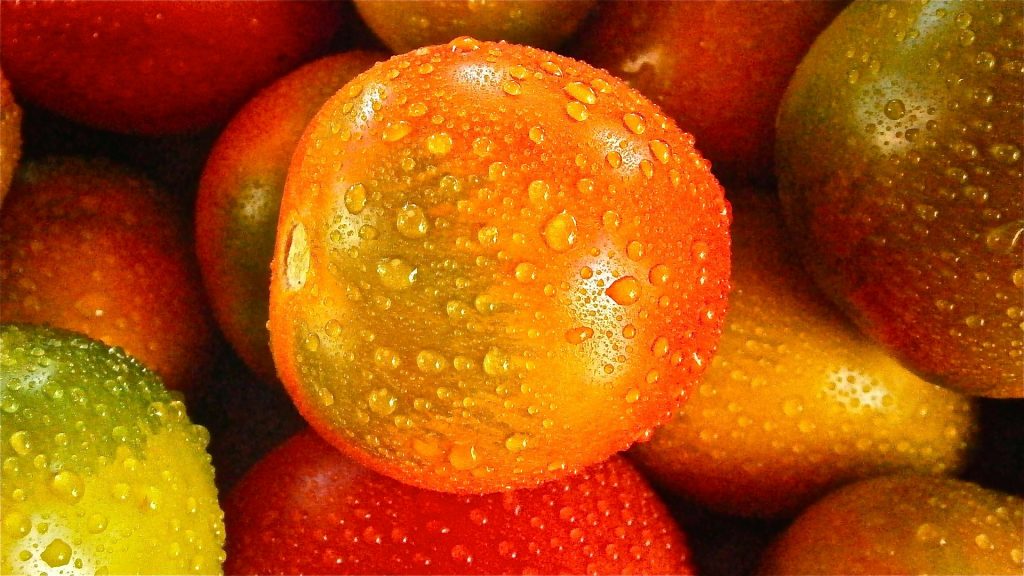 Lipid peroxidation is a process by which oxygen is able to cause damage to the fatty acids in cell membranes through the generation of free radicals. This damage can alter the membrane characteristics and lead to dysfunctional cells that can cause disease. In particular, lipid peroxidation in cell membranes can decrease the fluidity of membrane, alter their permeability to chemicals and can diminish the amounts of omega-3 fatty acids present. The dangerous thing about lipid peroxidation, is that once started, the process is self-propagating, and only the presence of antioxidant nutrients can prevent serious damage to cells and tissues. The presence of free radicals and the resulting lipid peroxidation has been linked to the development of many diseases including cardiovascular disease, cancer, dementia, Alzheimer’s disease, cataracts, obesity and diabetes. There is also a fairly well established link between the presence of high amounts of lipid peroxidation and the presence of depressive symptoms.
Lipid peroxidation is a process by which oxygen is able to cause damage to the fatty acids in cell membranes through the generation of free radicals. This damage can alter the membrane characteristics and lead to dysfunctional cells that can cause disease. In particular, lipid peroxidation in cell membranes can decrease the fluidity of membrane, alter their permeability to chemicals and can diminish the amounts of omega-3 fatty acids present. The dangerous thing about lipid peroxidation, is that once started, the process is self-propagating, and only the presence of antioxidant nutrients can prevent serious damage to cells and tissues. The presence of free radicals and the resulting lipid peroxidation has been linked to the development of many diseases including cardiovascular disease, cancer, dementia, Alzheimer’s disease, cataracts, obesity and diabetes. There is also a fairly well established link between the presence of high amounts of lipid peroxidation and the presence of depressive symptoms.

The phytochemical β-carotene is present in lower amounts in those with depressive symptoms. At the same time levels of lipid peroxides are higher. As β-carotene is a major antioxidants which accumulates in cell membranes and protects them from lipid peroxidation, it suggests that subjects with depressive symptoms could benefit from higher intakes of β-carotene in the diet. Yellow, red and orange vegetables such as tomatoes, peppers and carrots are good source of β-carotene and other carotenoids that may protect from the damaging effects of lipid peroxides. Eating a diet high in these and other fruits and vegetables will provide high amounts of antioxidant phytochemicals that may decrease the lipid peroxidation associated with depression.
One study investigated the presence of lipid peroxidation in a number of female subjects aged 39 to 77 years. The results of this study showed that depressive symptoms in the subjects were associated with the presence of lipid peroxidation. In addition, β-carotene levels were lowest in those with the highest amount of lipid peroxidation. Carotenoids such as β-carotene are important antioxidants that protects cell membranes from lipid peroxidation, and so the absence of β-carotene in those with high levels of lipid peroxides may explain this fact. When the subjects were divided into groups based on having high or low depressive symptoms, it was found that the groups with the highest level of depressive symptoms had the highest levels of lipid peroxidation. Depressive symptoms therefore appear to be closely related to the presence of lipid peroxides and lipid peroxidation, suggesting that depression is related to significant generation of free radicals or a significant depletion of antioxidant defences.
Eat Well Stay Healthy, Protect Yourself
RdB
